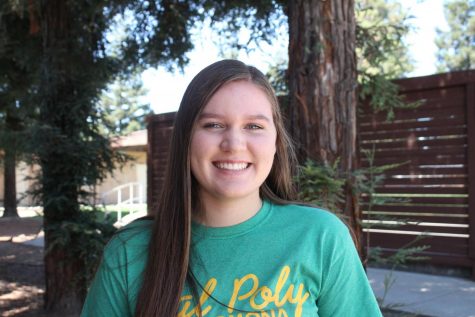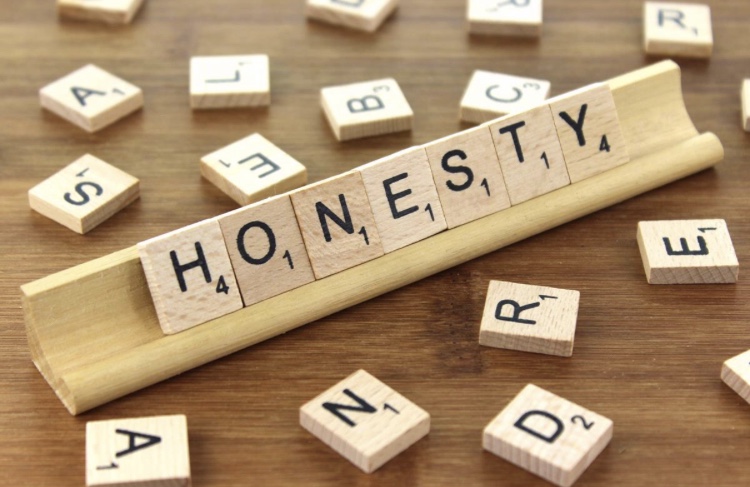Facts vs. Fibs
Is Honesty Really the Best Policy?
From a young age, we are always told to be honest. It is constantly reiterated that lying is bad and we can get into trouble for it. This does prove to be true most of the time, but what about the other times? Every once in a while, we come across a point in our lives where we are forced to reconsider; is honesty really the best policy?
Sometimes, being dishonest to someone doesn’t mean that you don’t respect them. It can be necessary to hide the truth in order to protect a friend’s feelings, surprise someone, or prevent an argument.
“Sometimes being too honest can hurt people’s feelings,” Art teacher William Bowers said. “You can spare someone’s feelings by not telling them the whole truth, especially if it’s about their image.”
Telling a lie instead of the truth can be used to one’s advantage, but there is still a line that shouldn’t be crossed. Everytime someone is dishonest, there is always a chance the person being lied to will find out, and it can greatly affect a relationship.
“Dishonesty turns you into a person that can’t be trusted. Lack of honesty can ruin families and other relationships,” Social Studies teacher Fidel Perez stated, “If you can’t trust someone’s word then what do you have? Answer: nothing.”
Whether or not they admit it, everyone has told a lie multiple times in their life. It’s human nature, and we do it without thinking sometimes. There can be negatives both for lying and for telling the truth, but at the end of the day, the decision is up to the people involved.

Sophia Taylor is a sophomore at Ripon High and currently in her second year of Journalism. Her goal for the Smoke Signal staff this year is to get more...

